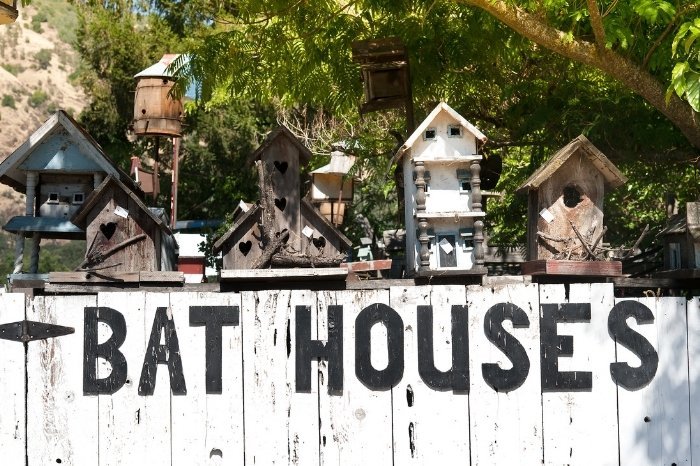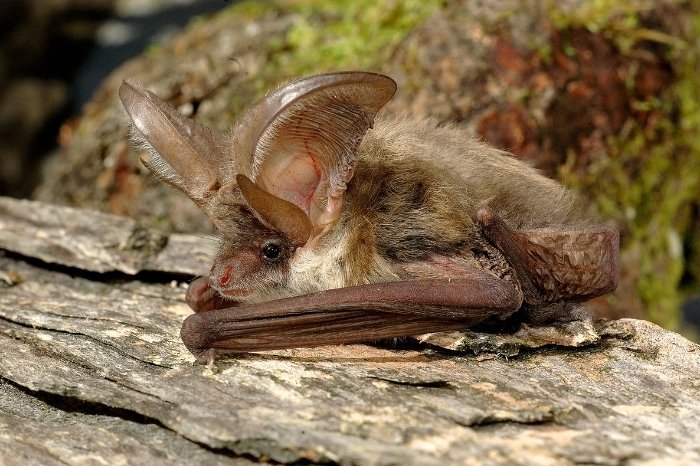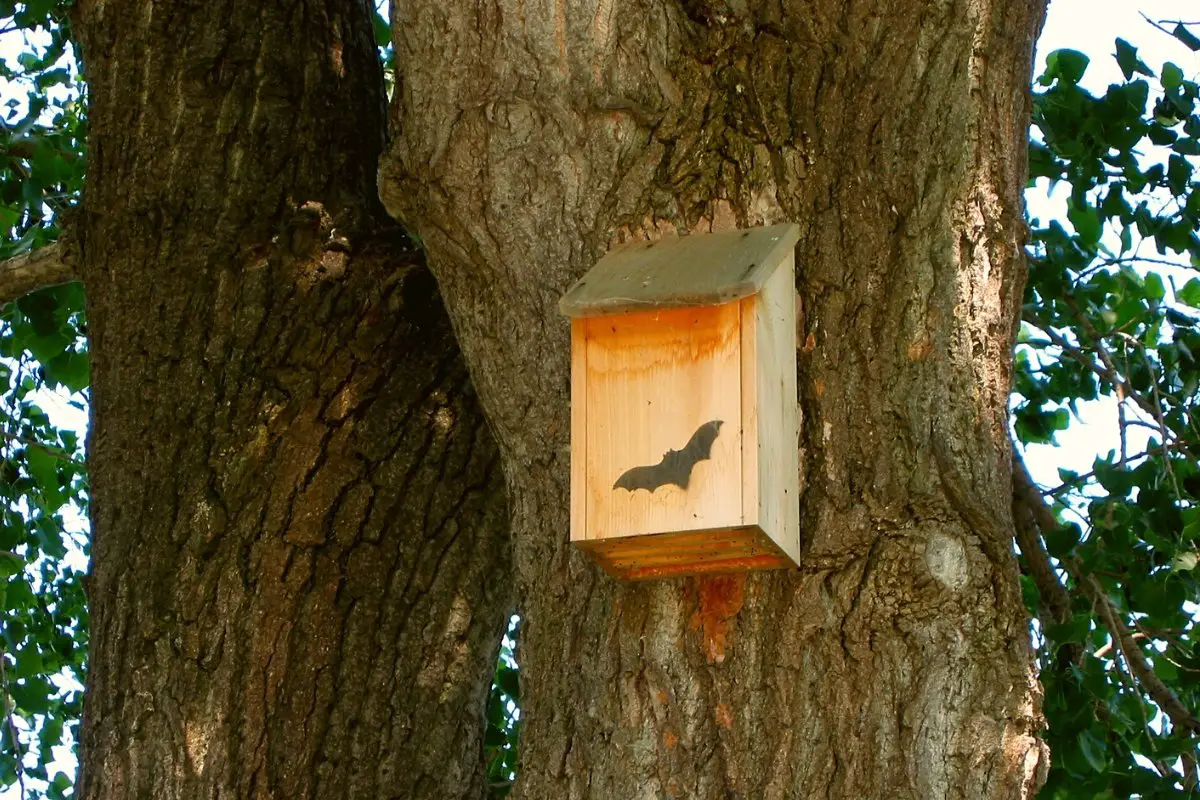Last Updated on October 20, 2024
Having bat houses close to your residence can have its disadvantage. While it affords a nesting solution for bats in the area, it could constitute a nuisance close to the house. Nonetheless, there are good reasons why you may want to construct one in your living space, but when it comes to the arguments for or against it, there are many disadvantages of bat houses close to the home.
Most farmers and gardeners install houses in their yard for bats to live in and they do this as a means to control other pests in the area. But doing this can harm the homeowners. Wonder how to use bat houses right or what you stand to lose if you install one? You can find out in the following sections.
Table of Contents
What Are Bat Houses?
These are makeshift constructions in the garden or outdoor that aim to attract bats to the area. They function like other animal houses constructed to help with managing the yard for the gardener. It’s like when the farmer chooses to have dogs take care of the farm security. The only difference is in this case, you employ bats instead of dogs, horses, or other animals.
Like other wild animals, there is no denying that bats are risky housemates or neighbors to have in your yard. They could do a lot of damage to the crops and structures if not properly contained. Living close to them can put you and your family at risk of diseases not to talk about other residents in the area. In most cases, they can go unnoticed if you have them housed far from your building, but you will still have to encounter them on a regular.

Are Bat Houses A Good Idea?
When it comes to controlling pests in the garden, there are many things you can do. You could make use of pest control or eliminate any factors that can encourage their breeding. One of the major concerns to having bats in the area is that they are a big carrier of the Ebola virus, and if you followed the outbreak of Ebola in Africa, you surely want to take precautions with building a bat house.
When it comes to the advantages of having bats in your surrounding, you surely will find that they could be of immense help to balancing the ecosystem. And some of the ways you can find them useful in your area include.
Help With Pest Control
As mentioned earlier, pests and small insects are a menace in the garden, and using pest control methods can be an expensive way to get rid of them. Constructing bat houses in your backyard can help with eliminating pests in the area.
These animals feed on them and help with reducing the numbers in your space. They are good at eating mosquitoes, beetles, wasps, moths, and all others destroying plants in the fields. The brown bat is one of the commonly used for this purpose. So if you are looking for the best option, you want to opt for the brown variety.
KIBAGA Handcrafted Wooden Bat House Box for The Outdoors
Helps Stabilizes The Ecosystem
You ordinarily won’t have to worry about balancing the ecosystem if you employ bat houses in your yard. This is because they help with eliminating insects and pests that damage crops in the area.
They also help with plant pollination and seed dispersal which is important to keep the environment balanced. You will also be doing the animals a favor by providing nutrition that would also mean they don’t go out of extinction any time soon.
Promotes Their Survival
On their own, they will have to strive for food and survival. But you could do a lot good if you choose to house them in your garden. This will help to increase their population and ensure they don’t go out of extinction.
Disadvantages Of Bat Houses
As you have already discovered, it’s not all a bad idea to have bats in your backyard. But when it comes to the damages they can do when you have them around, you surely want to be careful with introducing them in your yard. Some of the challenges you will have to face include.
Cause Damage In The Yard
You surely will have to contend with the damages that come with having them close to your property. They are known to chew on wooden structures and also leave behind their feces close to your entrances. Another thing is the destruction they can do to plants in the garden. They could also encourage other insects in the area such as bugs which means more problems to take care of.

Droppings Are Disease Carriers
Another of the disadvantages of bat houses is the guano from bats is also known to be laced with infections that can cause ailments to you and your family. Histoplasmosis is a common infection of the lungs that could affect respiration and aggravate other underlying health conditions.
They Can Spread Rabies
Another problem with having bats around the home is that they can spread rabies. The viral infection although not terminal can put you and your family at risk. It could also harm pets when they come in contact with living or dead bats.
Placements Of Bat Houses
One of the ways to control the destruction of bats to your yard is to place the bat house strategically in your yard. Firstly, you want to keep it far away from the entrance so you don’t have to deal with the feces on your porch and driveway.
You also want to place them at least 10 meters above the ground. The side of the house with enough sunlight would be ideal. As nocturnal animals, this will reduce their activities during the day and would only encourage them at night.
The bat house poles should be properly planted in the ground to be able to encourage weight and frequent pressure on the structure. It also helps if you construct the house properly. You can make use of durable wood that can withstand the elements. You can find already constructed boxes for use or get crafty and do it yourself.
Placement Of Bat Houses Final Note
If you are considering a bat house in your yard, you want to follow the tips provided above for how to place them properly. Another thing is that you want to be sure that they are erected far away from your entrance. keep them in direct sunlight at the side of the house so you won’t have to encounter them during the day. You should also note the disadvantages of bat houses in your home and do well to keep their menace to the minimum.

Barbara is an environmental activist and sustainability advocate who loves living green and sustainable. She firmly believes in reducing her carbon footprint and has been making great strides towards achieving this goal. Barbara is a vegan and avid recycler and has been actively involved in community gardens and other green initiatives. She is passionate about spreading awareness about the importance of living in a sustainable and eco-friendly manner. Barbara is always looking for ways to make a difference in her community and beyond. She is a huge advocate for preserving nature and the planet for future generations.


